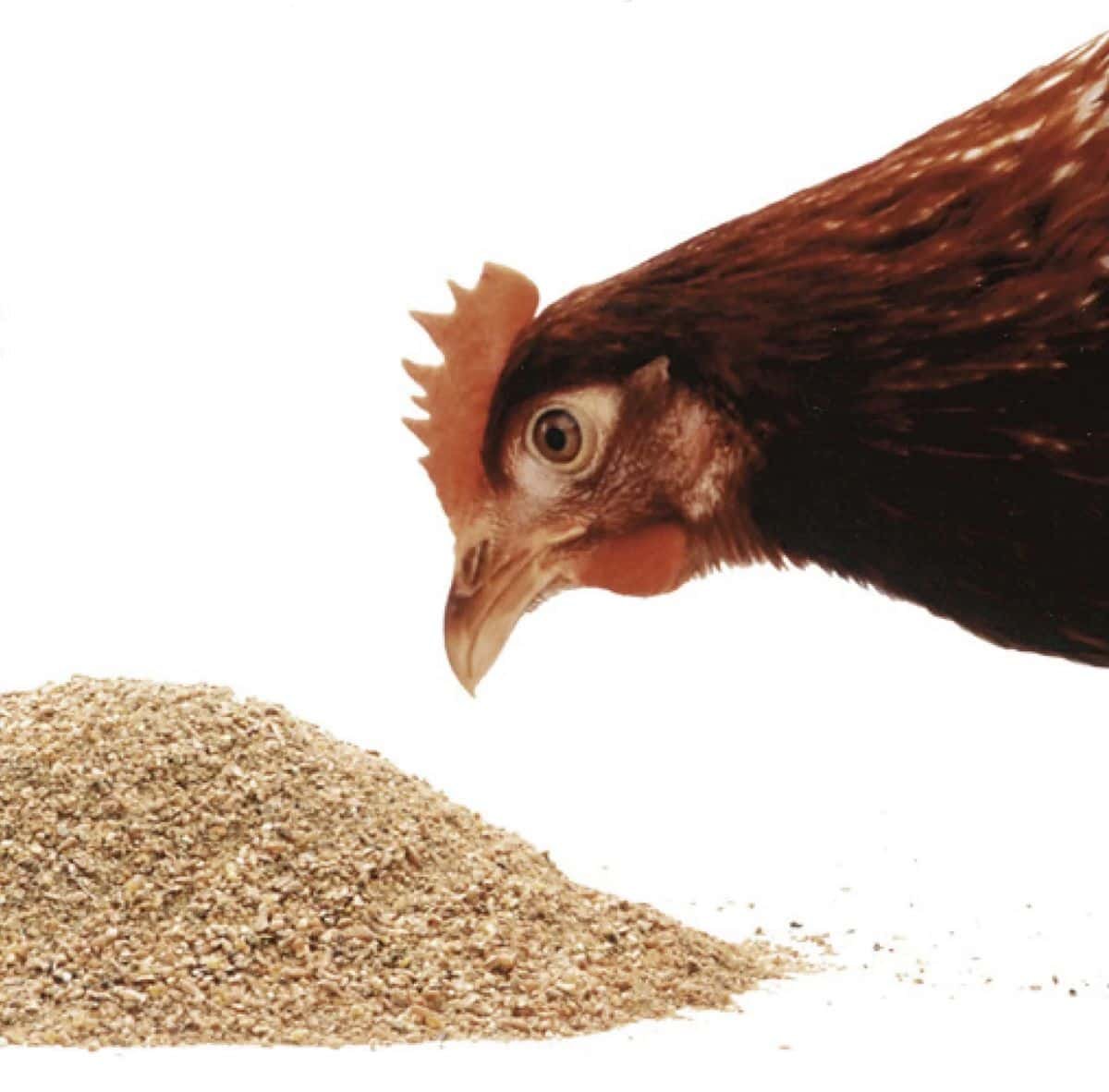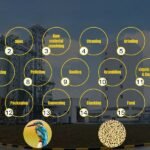In the dynamic landscape of the poultry industry, the demand for high-quality and sustainable feed solutions has become increasingly crucial. Hens, as key contributors to global food security through egg production, require specialized nutrition to thrive. Hen feed plants have emerged as essential facilities dedicated to manufacturing nutritionally balanced feed tailored to meet the specific needs of hens, supporting sustainable egg production and the evolving needs of the industry.
The Importance of Hen Production
Hen production is not only vital for global food security but also holds cultural significance and promotes sustainable farming practices:
- Food Security: Hens provide a vital source of protein through eggs, addressing global food insecurity and malnutrition.
- Cultural Significance: Integral to culinary practices and local economies in many regions, hens support cultural traditions and celebrations.
- Sustainable Farming: Hens contribute to integrated farming systems, enhancing pest control, fertilization, and resource utilization while promoting sustainable agricultural practices.
- Diversification: For small-scale farmers and rural communities, hen production offers income diversification and economic resilience.
- Environmental Benefits: Hens aid in sustainable waste management by recycling organic matter and reducing agricultural environmental impact.
The Role of Hen Feed Plants
Hen feed plants are pivotal in supporting sustainable hen production by offering several key advantages:
- Consistent Product Quality: Utilizing advanced technologies, these plants ensure feed with consistent nutrient profiles, promoting optimal hen health, egg production, and overall productivity.
- Customized Formulations: Tailored feed formulations meet the specific nutritional requirements of different hen breeds, life stages, and production systems, enhancing performance and efficiency.
- Efficient Production: Designed for efficiency and cost-effectiveness, modern hen feed plants maximize output and minimize waste through automation and process optimization.
- Sustainability: Incorporating sustainable practices like alternative protein sources, waste reduction, and energy-efficient technologies, these plants promote environmental responsibility within the hen production industry.
- Economic Opportunities: Investment in hen feed plants creates jobs, boosts local economies, and supports sector growth and development.
Key Components of a Hen Feed Plant
Successful operation of a hen feed plant integrates various components to ensure efficient and sustainable production:
- Raw Material Handling and Storage: Facilities manage grains, oilseeds, protein sources, vitamins, and minerals to maintain a consistent supply of high-quality ingredients.
- Grinding and Mixing: Equipment achieves desired particle sizes and homogeneous ingredient distribution in feed formulations.
- Pelleting and Extrusion: Systems produce durable feed pellets or extruded products that preserve nutritional value during handling, storage, and transportation.
- Drying and Cooling: Efficient systems remove excess moisture to stabilize feed and extend shelf life.
- Quality Control and Testing: Rigorous measures, including laboratory analysis, ensure feed meets stringent nutritional and safety standards.
- Packaging and Storage: Facilities safeguard feed quality during transportation and distribution.
- Automation and Process Control: Advanced systems maintain consistent product quality, enhance efficiency, and minimize downtime.
- Auxiliary Systems: Include material handling, dust collection, and utilities to ensure safe and efficient operations.
Related post:chicken feed making machine price
Factors Influencing Hen Feed Plant Success
Several critical factors determine the success of a hen feed plant:
- Raw Material Sourcing and Supply Chain Management: Secure, cost-effective raw material supply is vital for consistent production and profitability.
- Formulation Expertise: Skilled nutritionists and formulators develop optimized feed formulations tailored to diverse hen nutritional requirements.
- Technology and Automation: Investment in advanced technologies enhances production efficiency, reduces labor costs, and improves product quality.
- Energy Efficiency and Sustainability: Adoption of energy-efficient technologies and sustainable practices minimizes operational costs and environmental impact.
- Regulatory Compliance: Adherence to feed safety, quality, and environmental regulations ensures long-term viability.
- Skilled Workforce and Training: Well-trained staff are essential for efficient plant operation, minimizing errors and optimizing performance.
- Continuous Improvement: Commitment to ongoing equipment upgrades, process refinements, and technology adoption sustains competitiveness and efficiency.
Opportunities and Future Outlook
The hen production industry is poised for growth with increasing demand for sustainable poultry products, driven by:
- Increasing Hen Production: Rising popularity and nutritional recognition of eggs and hen products drive expansion of hen production operations.
- Technological Advancements: Continued research enhances avian nutrition, ingredient optimization, and production processes for more efficient feed products.
- Sustainable Practices: Growing adoption of sustainable methods, such as alternative protein sources and renewable energy, in the hen feed industry.
- Precision Poultry Nutrition: Demand for specialized feed formulations tailored to specific production systems and hen requirements.
- International Collaboration and Investment: Global initiatives in sustainable poultry production drive development of new hen feed plants, fostering economic growth and technological innovation.
Conclusion
Hen feed plants are integral to supporting sustainable egg production and advancing global food security. Investment in these facilities not only meets increasing demand for high-quality hen feed but also promotes environmental responsibility and economic development. As the poultry industry continues to prioritize sustainability and responsible farming practices, hen feed plants will play a crucial role in driving innovation and ensuring a prosperous future for hen production worldwide.
For details please contact: Richi machinery manufacture
WhatsApp:86 138 3838 9622
Email:enquiry@richipelletmachine.com


